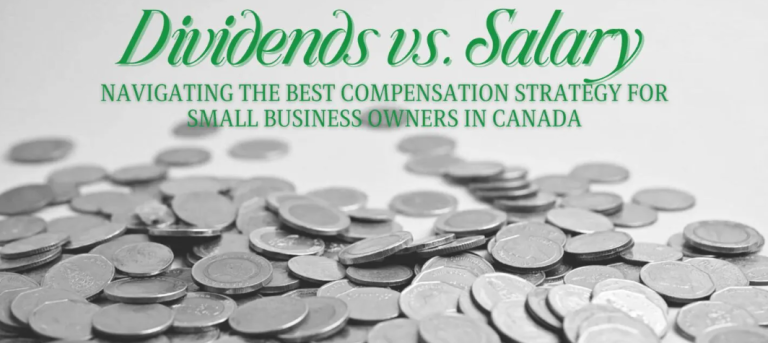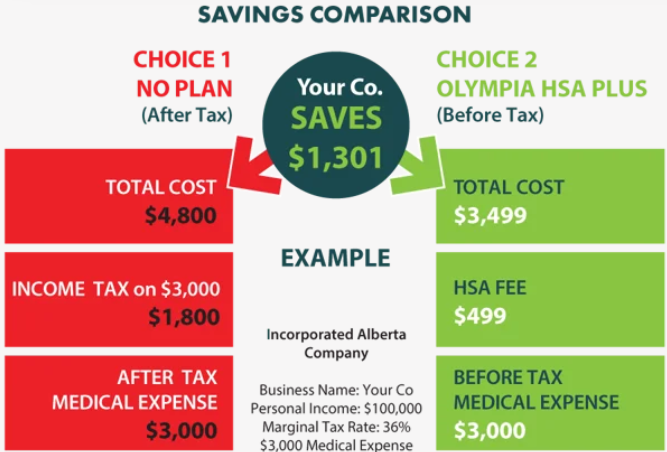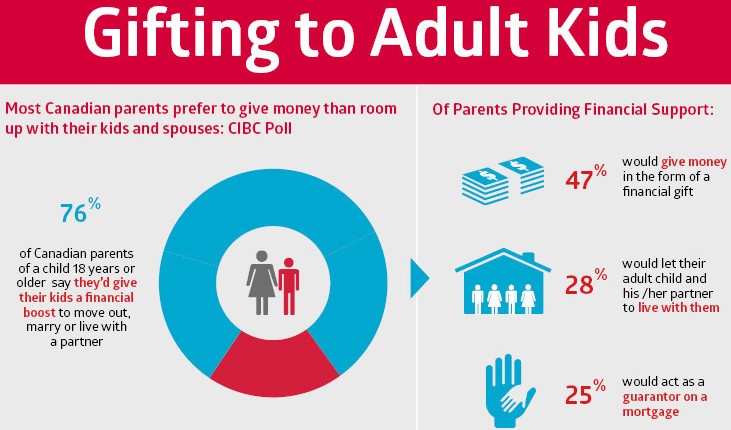2 years ago I read of an elderly Alberta woman who was defrauded of over $240,000 through 26 scams over 10 months. These included her thinking she won a lottery to owing money to CRA. The woman’s son suspected something was going on and went to a bank branch and notified the teller that his mother may be a victim of fraud. The bank teller put an electronic note on the elderly woman’s account. Despite that, the bank gave her 12 more bank drafts. She has since sued TD Bank saying they should have done more to prevent the fraud. I can see her point but I would most likely see it as my own responsibility to protect myself. Despite my philisophy on this, I do believe financial intermediaries have a responsibility to those they serve, in this regard.
What the bank failed to do was ask any questions on the withdrawals, despite them being for cash amounts that were mostly just under $10,000. The bank defends themselves saying they have no duty of care to a customer and even if there was, they exercised reasonable oversight in the circumstances.
This is one of the many differences between the financial advice channel through a bank versus a Financial Advisory firm who has a fiduciary duty to you as a client (rather than a customer as you are with a bank). Which is why I ask in the title to this piece, “Who Is Your Trusted Contact Person?”.
Financial Advisors have the responsibility to ask questions when you are withdrawing money and even investing money. The cynically minded may see the former as a Financial Advisor simply trying to keep as much investment assets under administration (AUA) as possible. That of course is a judgement call however, the reason for a Financial Advisor asking his client about the reasoning behind a particular withdrawal or investment is simply to ensure the client is thinking through the ramifications of their desires.
A person I know who started what is now close to 30 billion dollar investment management firm said of his mentor, that he simply “asked me questions to make me think”. That is what a Financial Advisor is trained to do with all of the client’s under the advisor’s care. In turn, the answers that come back give the Financial Advisor a lot of insight and potential holes and risks in the client’s thought process.
A Financial Advisor is responsible for really knowing their clients. Seeing a red flag based on all of that knowledge and personal history goes a long way to ensuring a client is not harming themselves. This can even apply to a client with fullness of mind and quite knowledgeable and experienced in complex financial matters. Of course, ultimately the final decision is on the shoulders of the client.
In a potential red flag situation (such as undue influence or reduced mental capacity) naming a Trusted Contact Person is a vital risk reduction tool. Naming a Trusted Contact Person (TCP) doesn’t give power to the Financial Advisor to share your financial information with the TCP or disclose to the TCP what you are intending to do. It simply gives us as Financial Advisors, the ability to contact a TCP to check with them if they have noticed any changes in their mental state or should something not seem quite right. As I said, Financial Advisors have long standing relationships with their clients and should be able to sense if something is completely out of character. I have yet to initiate a call to a TCP however, it is a tool that should collectively have in place to lessen the financial risk for you, the client.
PS. In my local newspaper the “Peace Arch News”, I read a few months back a completely with-it elderly couple were requested to leave $8,900 dollars on their front steps by someone who claimed to be a lawyer representing their grandson who caused a vehicle collision. The thing that made it so convincing was that they handed the phone to someone they said was their grandson. Scams are becoming more plentiful and much more convincing. Another reason a Financial Advisor, who you can check with on a potential scam, can help keep you from financial risk due to fraud.
PPS. If you get a text from anyone that you don’t recognize, definitely don’t respond. They are simply sizing you up for a scam. I get many on my phone. I just got one while writing this email to you… Eleanor, I’m not going to buy clothes tomorrow, my cat is not feeling well and I have to take care of him.






